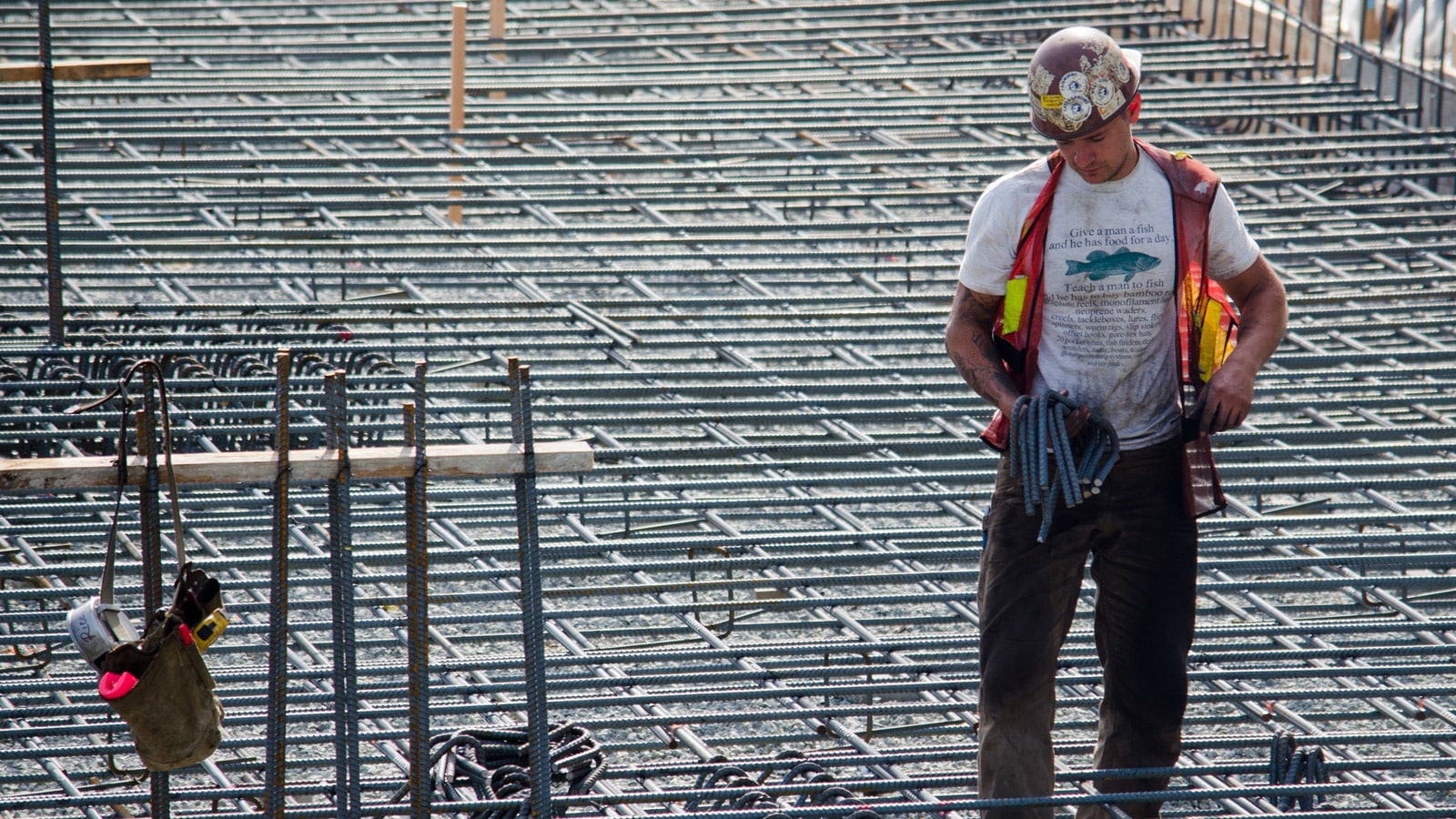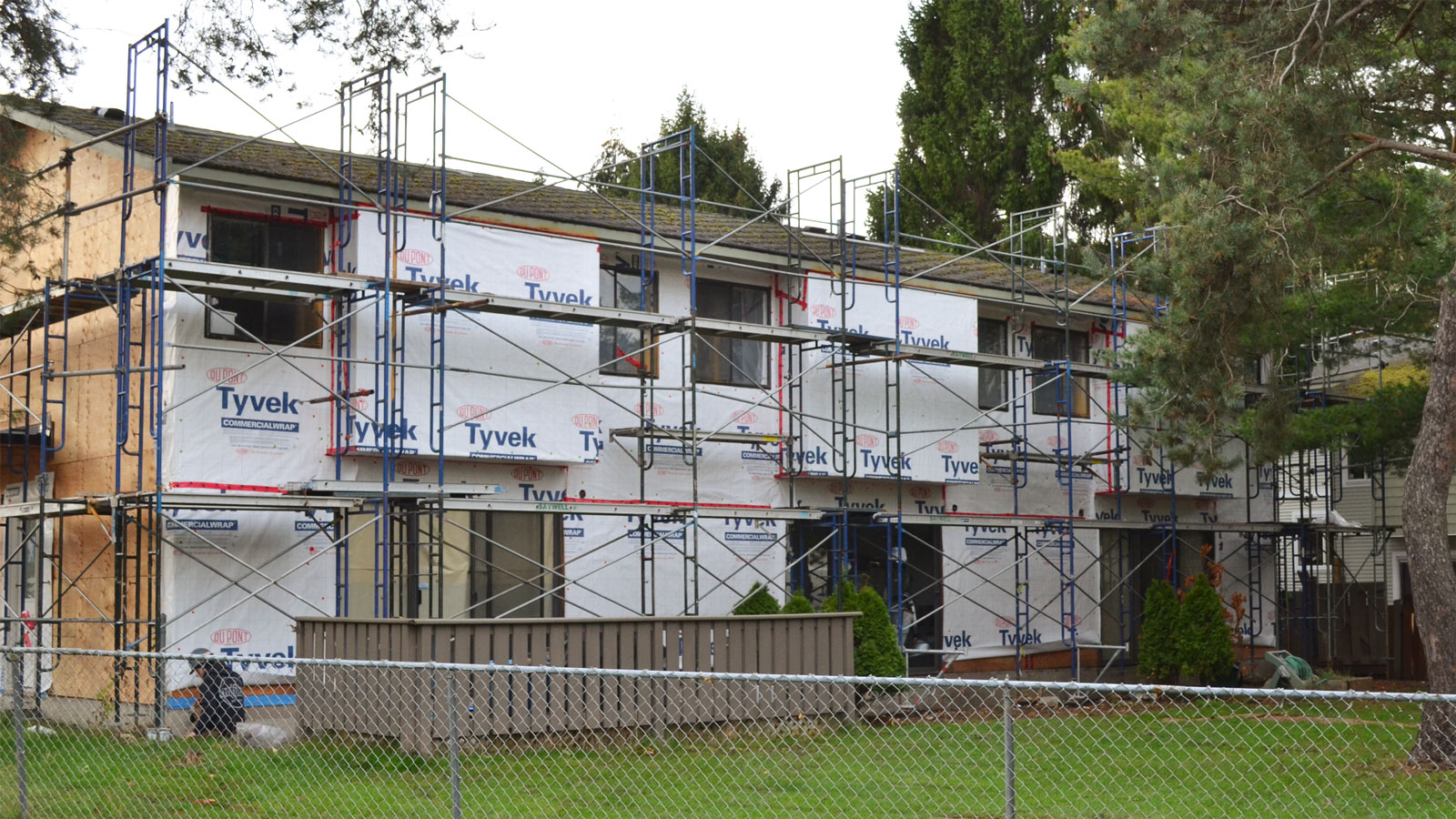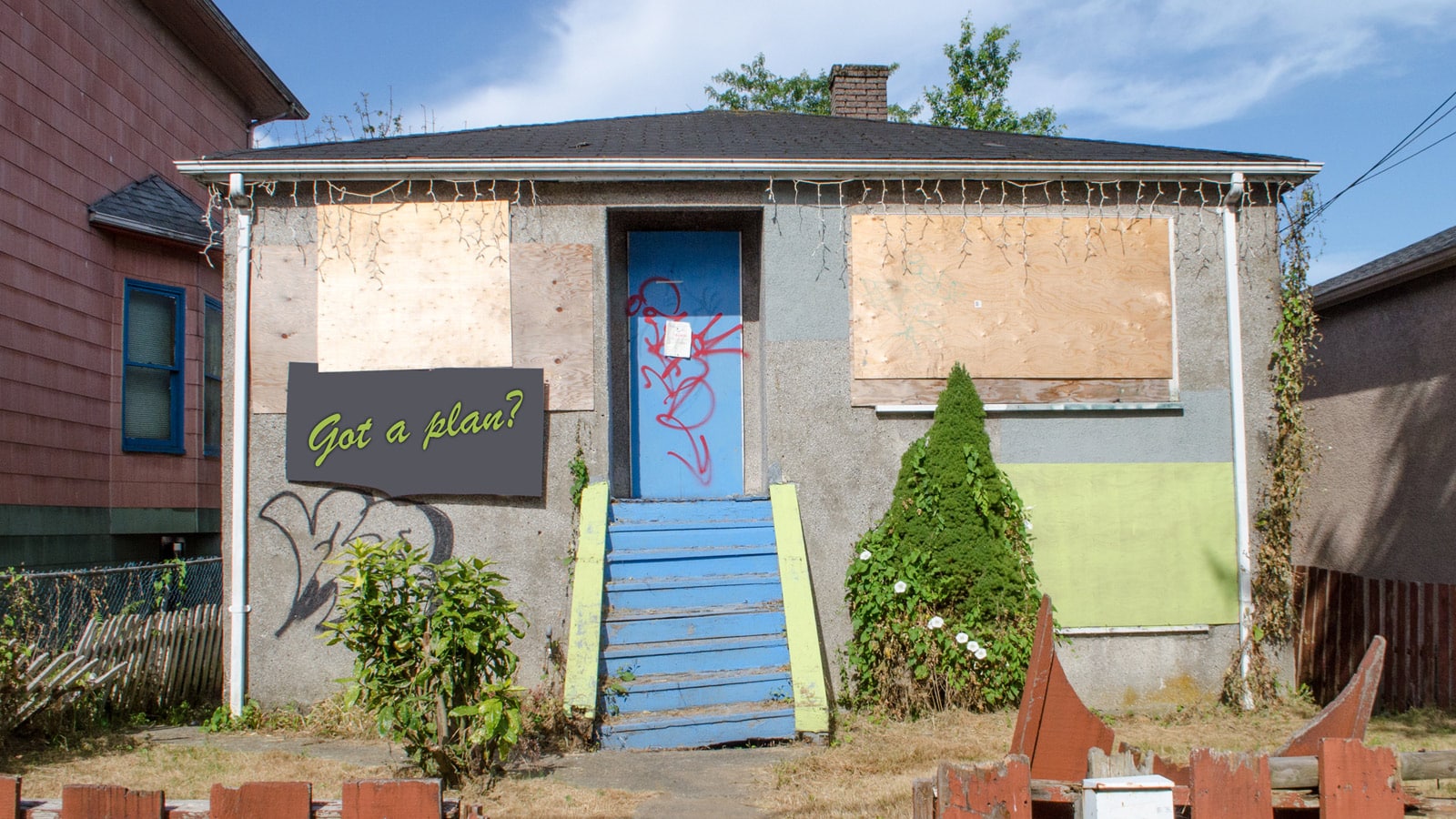TECHNICAL
REPORTS
Good information forms the foundation of a useful plan. Understanding the physical status of your buildings and other assets is vital.


Technical Reports
Engineers possess the technical expertise required to professionally assess buildings. Their work is critical because professional assessments allow building owners to develop a real understanding of what their buildings require, over time, to keep functioning safely and as designed.
The role of technical reports has grown for both co-ops and strata units. They are used for internal planning, but also for dealing with outside parties, such as lenders, regulators and property assessment authorities. Obtaining and updating reports is important, and engineers offer several different kinds of assessment services. The needs of your co-op will determine which kind of report makes most sense. The most common report is a building condition assessment (BCA). Other reports may involve specialized testing services that better estimate costs for co-ops with concerns about particular building systems, but they can’t fully replace a comprehensive review of all the co-op assets.

Building Condition Assessments
A building condition assessment (BCA) is a technical report, usually prepared by engineers, that provides an overview of the status of all building components and systems. It will summarize when various building components need to be renewed or replaced, and it will provide cost estimates.
To prepare a BCA, engineers should review architectural drawings and other documents relating to the co-op buildings (especially earlier reports). When ready, engineers will visit the co-op and make a visual inspection of the property and buildings. They will examine structural elements; the building envelope; mechanical systems, electrical systems and fire safety systems; common areas and the grounds. They will also visit a sample of the units to understand the range of finishes and interior elements. (The standard review includes 10% of the units, but other arrangements can be made.)
After the site visit, the engineers will create a report which will include estimates of when the various components should be replaced, how much such replacements would cost, and which should be prioritized. These are usually expressed in ranges (“within two years”, “between five and ten years”, etc.).
The cost of the engineers’ work depends on a number of factors including the building form or forms (detached houses, town homes, low-rise apartments, high-rise apartments), whether there are elevators or commercial spaces within the development, and the total number of units at the site. A BCA is a general report and the foundation of a well-considered long-term plan. Sometimes they are also referred to as “depreciation reports”, particularly when commissioned by strata corporations. Stratas are guided by legislation that anticipates reports being updated every three years.

Envelope Studies
A building envelope condition assessment (BECA) is another kind of technical report, similar to a BCA but more targeted. The BECA focuses on the components and systems that make up the building envelope — the outside of the building, including the walls and roofs.
The professionals who carry out the assessment may use destructive testing to better evaluate the state of the envelope, rather than rely solely on visual inspections. This kind of report is sometimes known as a building enclosure condition assessment.
Because BECAs do not review all the building systems, they are insufficient for a comprehensive long-term plan. But they may be necessary if a BCA has recommended one, or if the co-op has specific concerns about envelope issues.

Added Value from CHF BC
CHF BC staff don't prepare engineering reports in-house, but co-ops that work with us see several advantages:
- we make recommendations about what kinds of reports will best suit your
co-op’s needs (we can arrange add-on services that will supplement a regular BCA when a co-op has specific concerns) - we offer another set of eyes when reviewing draft reports to help ensure
co-ops get what they need - we can advocate for members using our services if difficulties arise with the BCA process
- we offer a BCA review meeting as part of our service package to help clarify report information

Other Studies
Elevators are a building component that is usually evaluated by specialists. The results of those investigations are an option to an IRC Group BCA.
If a co-op has concerns about specific components other than the envelope (e.g. plumbing or balconies), those concerns can often be addressed with targeted investigations. Sometimes these can be combined with a BCA or BECA for greater cost savings.
We can also collaborate with professionals that deliver energy audits.

Unit Inspections
A BCA will review all common areas but only a sampling of unit interiors — usually about 10%. This is standard practice and allows engineers to develop a basic understanding of the range of components. For co-ops that want more detailed information, professional unit inspections are a useful supplement, and we can incorporate information from such inspections into our plans.
Engineers can carry out inspections of every unit in a co-op, but most co-ops prefer to obtain detailed unit data using the services of management companies.

CHF BC’s Role
As part of the Federation's long-term planning services, we can assist co-ops obtain relevant technical reports.
The process is very similar to our other group-buying services. Because we research and identify the best options when we choose partners, CHF BC members who work with our program partners are not obliged to follow CMHC’s three-quote requirement. By doing the research for you, we can help you avoid the time and effort of getting multiple quotes for services.